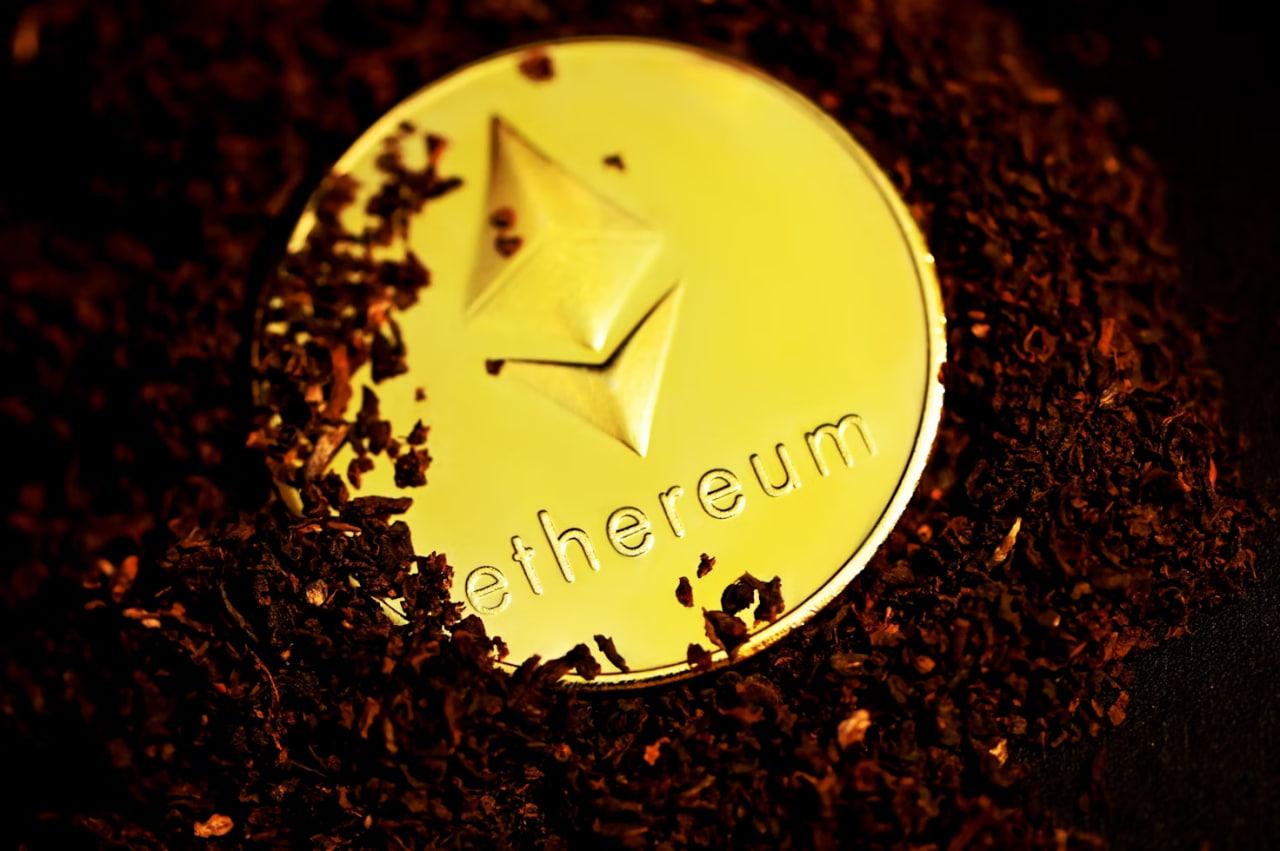Friedrich Merz’s 500-billion-euro recovery plan is stalling as reforms move too slowly
Friedrich Merz promised action when he became chancellor of Germany in May. He launched a 500-billion-euro spending package, pushed for economic reforms, and vowed to reignite growth in Europe’s largest economy.
But four months later, the numbers are turning on him, voters are angry, and his own coalition is slowing him down. The latest sign of trouble came in August when unemployment passed three million for the first time in a decade.
According to Reuters’ polling, what was supposed to be a fast-moving recovery plan has become a waiting game. Most of the money is stuck in pipelines and the reforms are moving slower than expected.
Public frustration is growing fast, and 61% of Germans now believe the economy will get worse, up from 50% in May. That shift in mood is boosting support for the far-right AfD party, which is already ahead in several national polls.
Coalition stalls reforms as unemployment hits decade high
Inside Merz’s coalition, things aren’t smooth. He’s a conservative, but he’s stuck working with the centre-left SPD, who are dragging their feet.
The SPD’s labor minister, Baerbel Bas, started a commission to look into jobless benefits and work incentives. But instead of speeding things up, her plan delays reform until year-end, followed by long debates in parliament. Critics say it’s just too slow.
Merz had also pledged to scrap the supply chain law, which companies say is expensive and confusing. But instead of removing it, the cabinet watered it down last Wednesday.
On energy, grid fees will be lowered, but not by much. The electricity tax will be cut, but only for selected sectors, not for everyone. These half-measures aren’t what people were promised.
The government had also announced tax cuts for businesses and households, but those haven’t landed either. Voters are getting tired of waiting. Businesses are complaining. And Merz’s credibility is wearing thin.
Economic signals worsen as investor mood turns sour
Some economists were hopeful when business sentiment ticked up in August, reaching a 15-month high. But that number was mostly built on expectations, not current performance. The actual reading on how businesses feel right now got worse. And the rest of the data is just as bad.
The economy contracted in the second quarter, dimming hopes of any serious rebound. In June, industrial output fell to the lowest level since 2020. Demand from abroad dropped, and competition from China is rising. An EY study shows 245,500 factory jobs have been lost in Germany since 2019.
Meanwhile, new U.S. tariffs, introduced under President Donald Trump, are hitting German exporters just as they try to bounce back. Investor confidence took another hit in August after the EU-U.S. trade deal fell short of expectations.
Merz has managed to pass budgets for this year and next, which shows the coalition can work when forced. But that hasn’t helped ease the fighting over welfare, taxes, and even whether to bring back mandatory military service. Observers are now comparing Merz to former Chancellor Olaf Scholz, who also failed to get big reforms through.
There are still some positive moves. Economists backed the investment booster approved in June. That package includes better depreciation rules for companies and a plan to cut corporate taxes. The government also boosted defense spending.
But a survey by Ifo Institute showed only 25% of 170 economists gave the government’s actions a positive review. 42% gave a negative rating, pointing to rising pension costs and the lack of any real long-term strategy.
Inflation is another headache. In August, the eurozone inflation rate crept up to 2.1%, just above the expected 2%. Andrew Kenningham, chief Europe economist at Capital Economics, said the rise won’t push the European Central Bank (ECB) to hike interest rates anytime soon.
“ECB policymakers look certain to leave interest rates unchanged at next week’s meeting and probably for several months beyond that,” he said Tuesday. “This should provide some reassurance for policymakers that domestic prices pressures are continuing to subside.”
Irene Lauro, eurozone economist at Schroders, agreed that the ECB would move cautiously. “With trade uncertainty easing, the Eurozone recovery is set to gain momentum as firms ramp up borrowing and investment.
In this environment, the ECB is likely to hold rates cautiously steady in September,” she said. Lauro also said that the resilience in core inflation supports their view that policy normalization has ended, and the ECB will closely track growth before deciding what to do next.
Don’t just read crypto news. Understand it. Subscribe to our newsletter. It's free.
You May Also Like

Court Dismisses Case Over Lost Virtual Dollar Investment

Which Cryptocurrency to Buy Today? Experts Favor Mutuum Finance (MUTM) Over SHIB and PEPE
